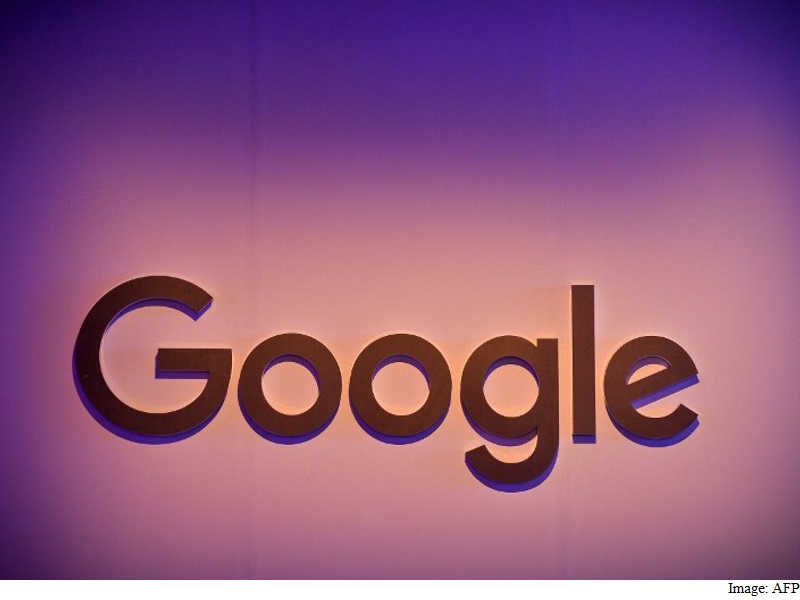- Home
- Internet
- Internet Features
- Canadian Supreme Court Case Could Force Google to Censor Speech Worldwide
Canadian Supreme Court Case Could Force Google to Censor Speech Worldwide

Should Google remove content from its search results all around the world on the orders of a single foreign government? That's the thorny question with broad free speech implications for Americans and political dissidents raised by a Supreme Court decision in Canada.
On Wednesday, Canada's top court ruled that Google can be forced to delist search results worldwide to enforce the decisions of Canadian courts. The ruling stemmed from a case involving an intellectual property dispute, with Canadian manufacture Equustek Solutions claiming that another Canadian business, Datalink, was using Google to sell impostor products. Google removed hundreds of Datalink hyperlinks from its search results in Canada. But Equustek obtained a court order to compel Google to delete these listings not just from Canadian search results but from Google search everywhere in the world.
"The problem in this case is occurring online and globally. The Internet has no borders - its natural habitat is global," the Supreme Court wrote in its decision. If the injunction was only enforced in Canada, the Supreme Court said, people could still purchase Datalink products through websites outside the country, depriving Equustek of an effective remedy.
But by upholding this worldwide order, Google and free speech organizations said the Supreme Court ruling could have far-reaching consequences for freedom of expression.
"Issuing an order that would cut off access to information for US users would set a dangerous precedent for online speech," the Electronic Frontier Foundation wrote in a statement Wednesday. "In essence, it would expand the power of any court in the world to edit the entire Internet, whether the targeted material or site is lawful in another country."
Google has argued that a worldwide order forcing it to delist Datalink isn't necessary or effective, and that such a move should have been blocked because of free speech concerns. But the high court disagreed.
"This is not an order to remove speech that, on its face, engages freedom of expression values, it is an order to deindex websites that were in violation of several court orders," the court wrote in its decision. "We have not, to date, accepted that freedom of expression requires the facilitation of the unlawful sale of goods."
The Canadian Civil Liberties Association partially agreed with the decision. Rob De Luca, a staff lawyer with the CCLA, said the Supreme Court was careful to limit the language of its ruling to not infringe upon free speech rights, although the CCLA would have liked to see ever more robust speech protections. De Luca added that future disputes with more direct connections to free speech will likely test the precedent set by this case. "Given this decision you could very well see a corporation saying, 'US law is too friendly to the freedom of speech concerns of Google, so I am going to bring that case in a jurisdiction with fewer freedom of speech protections,' " he said.
That could lead to a kind of race to the bottom, experts said, where corporations or governments seek to impose restrictive censorship laws around the globe, limiting what people can see and experience online.
"We are carefully reviewing the Court's findings and evaluating our next steps," said a Google spokesperson.
As in the United States, Google cannot appeal the Supreme Court decision. The high court did say, however, that Google could petition the British Columbia courts, where the case originated, to modify the order, if Google believes that it will be forced to violate the laws of another country. Google has not yet done so, the Supreme Court said.
© 2017 The Washington Post
For the latest tech news and reviews, follow Gadgets 360 on X, Facebook, WhatsApp, Threads and Google News. For the latest videos on gadgets and tech, subscribe to our YouTube channel. If you want to know everything about top influencers, follow our in-house Who'sThat360 on Instagram and YouTube.
Related Stories
- Amazon Great Indian Festival 2024
- Big Billion Days 2024
- Apple Vision Pro
- Oneplus 12
- iPhone 14
- Apple iPhone 15
- OnePlus Nord CE 3 Lite 5G
- iPhone 13
- Xiaomi 14 Pro
- Oppo Find N3
- Tecno Spark Go (2023)
- Realme V30
- Best Phones Under 25000
- Samsung Galaxy S24 Series
- Cryptocurrency
- iQoo 12
- Samsung Galaxy S24 Ultra
- Giottus
- Samsung Galaxy Z Flip 5
- Apple 'Scary Fast'
- Housefull 5
- GoPro Hero 12 Black Review
- Invincible Season 2
- JioGlass
- HD Ready TV
- Laptop Under 50000
- Smartwatch Under 10000
- Latest Mobile Phones
- Compare Phones
- Vivo Y18t
- Honor X9c
- Honor Magic 7 Pro
- Honor Magic 7
- Sharp Aquos R9 Pro
- Xiaomi 15
- Xiaomi 15 Pro
- Redmi A3 Pro
- Asus Zenbook S 14
- MacBook Pro 16-inch (M4 Max, 2024)
- Huawei MatePad 11.5
- Acer Iconia Tab 10.36 (iM10-22)
- Redmi Band 3
- Xiaomi Smart Band 9 Pro
- Sony 65 Inches Ultra HD (4K) LED Smart TV (KD-65X74L)
- TCL 55 Inches Ultra HD (4K) LED Smart TV (55C61B)
- Sony PlayStation 5 Pro
- Sony PlayStation 5 Slim Digital Edition
- Acer 1.5 Ton 5 Star Inverter Split AC (AR15AS5INGMA)
- Daikin 1.5 Ton 4 Star Inverter Split AC (FTKT50UV16V+RKT50UV16V)
















